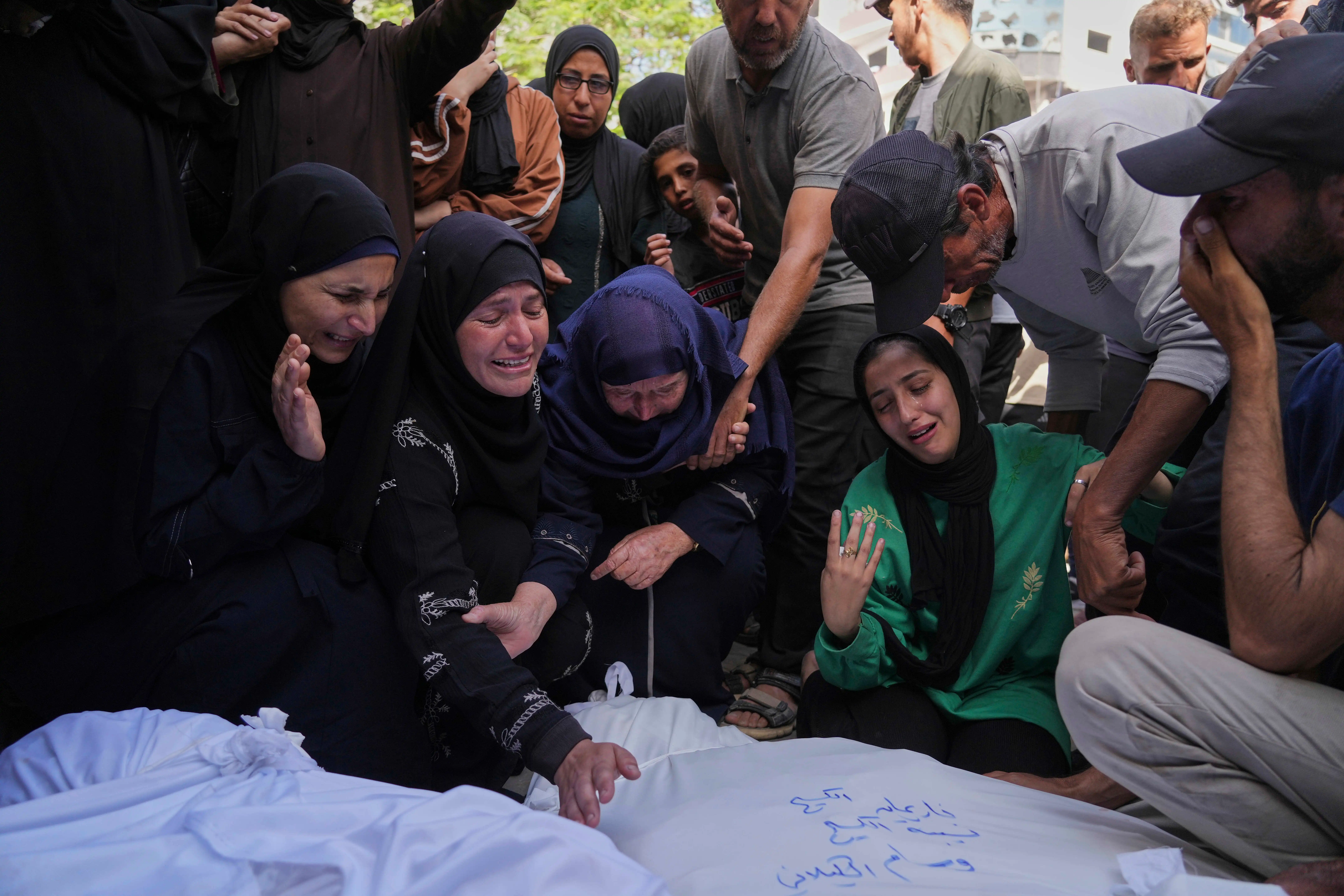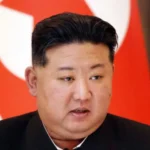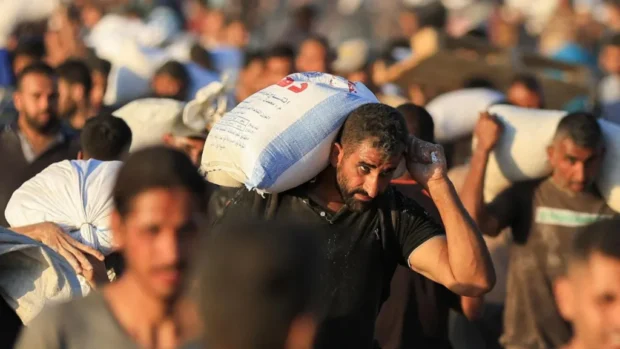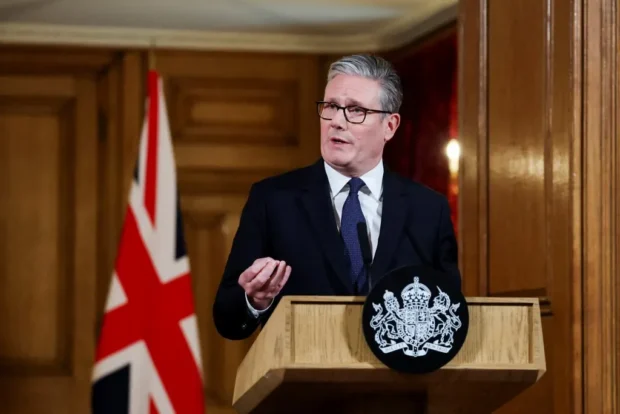
Contradictory reports have emerged regarding a potential Gaza ceasefire agreement, with Hamas claiming acceptance of a US proposal while American officials strongly dispute the characterization.
According to Al Jazeera sources, Hamas agreed to a ceasefire proposal during meetings with US Middle East envoy Steve Witkoff in Doha, Qatar. The reported deal includes a 60-day ceasefire and the release of 10 living captives held in Gaza across two stages, with President Trump guaranteeing the terms and Israeli troop withdrawal from Gaza. The agreement would also allow unconditional humanitarian aid entry from day one.
However, Witkoff rejected claims that Hamas had accepted his proposal, telling Reuters the terms were “completely unacceptable.” A US source close to Witkoff described Hamas’s claims as “inaccurate” and their offer as “disappointing.”
Israeli officials also denied that the proposal originated from the US, stating no Israeli government could accept such terms, according to Reuters.
Al Jazeera’s Washington correspondent reported that the actual US proposal involves only a “temporary ceasefire agreement” allowing the return of half the living captives and half the deceased. The White House believes this could lead to diplomatic discussions toward a permanent ceasefire.
Israeli Prime Minister Netanyahu issued a recorded message promising to bring back all 58 remaining Israeli captives, approximately 20 of whom are believed to be alive. “If we don’t achieve it today, we will achieve it tomorrow,” Netanyahu stated, making no mention of any proposed deal.
Netanyahu has consistently rejected Hamas’s permanent ceasefire demands, pledging to continue fighting until achieving “total victory.” He has established conditions, including captive return, Hamas demilitarization, leadership exile, and implementation of Trump’s Gaza plan, which has faced criticism as ethnic cleansing.
Hamas has expressed willingness to release all remaining captives simultaneously in exchange for a permanent ceasefire and indicated readiness to cede Gaza Strip control to an interim government, as outlined in an Arab League-backed $53bn reconstruction plan. However, the group opposes Palestinian displacement and refuses to disarm or exile leaders while Israeli occupation continues.
In Gaza, Palestinians expressed desperation for any agreement to end Israel’s bombardment and blockade, which has pushed the population toward famine. “All Palestinian eyes are on Doha,” reported Al Jazeera’s correspondent from central Gaza, describing attacks on homes, schools, and humanitarian zones.
Israel resumed warfare on March 18, following a two-week total blockade. Gaza health authorities report at least 3,822 Palestinians killed in the renewed offensive, bringing the confirmed overall death toll to 53,977, with 122,966 wounded.
Despite Israel easing its blockade last week and allowing approximately 170 aid trucks into Gaza, humanitarian officials say this falls far short of requirements to feed two million people after 11 weeks of siege.
Medical sources report that at least 81 people, including many children, were killed in Monday’s Israeli attacks alone, as bombardment and aid restrictions continue.












Be the first to leave a comment